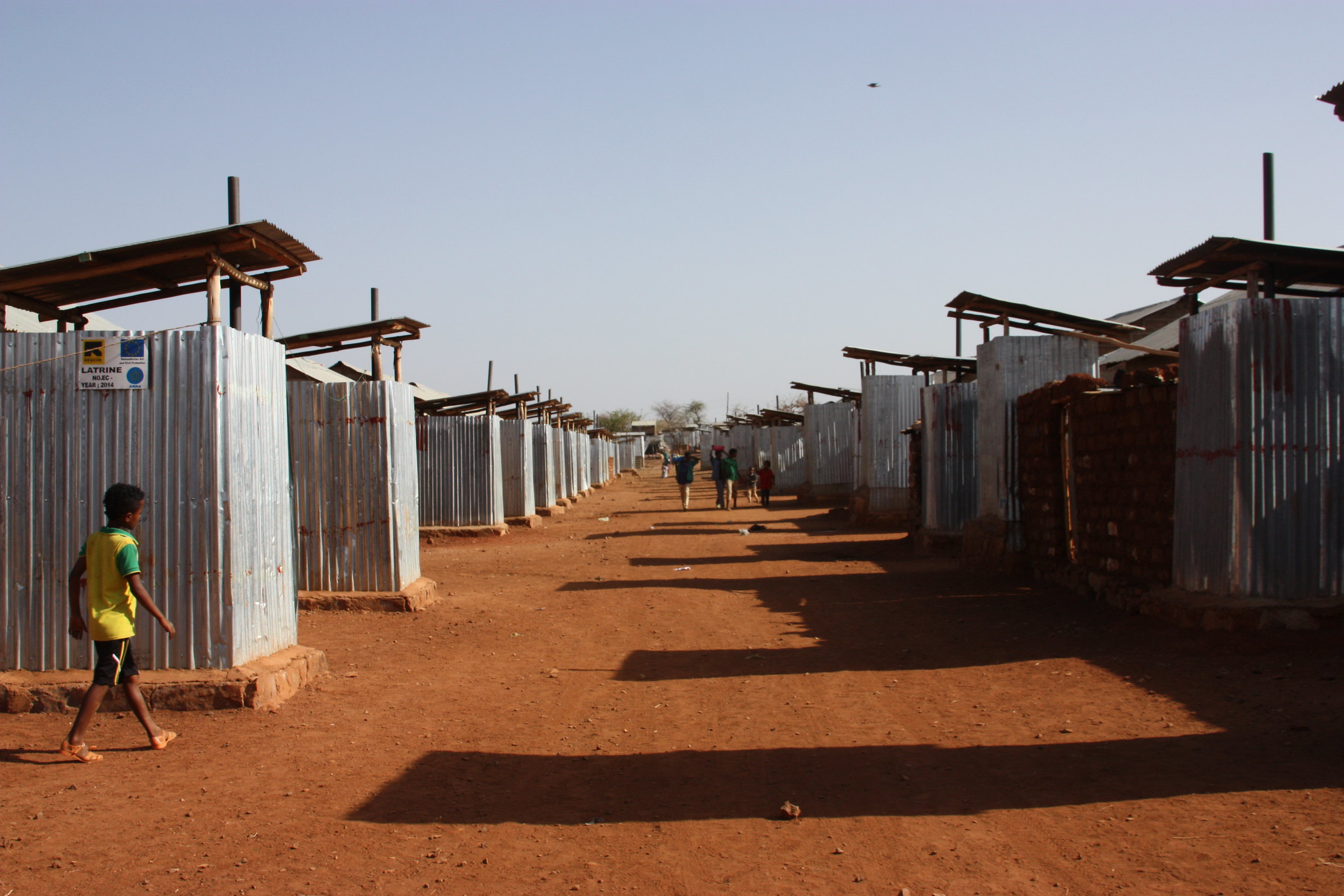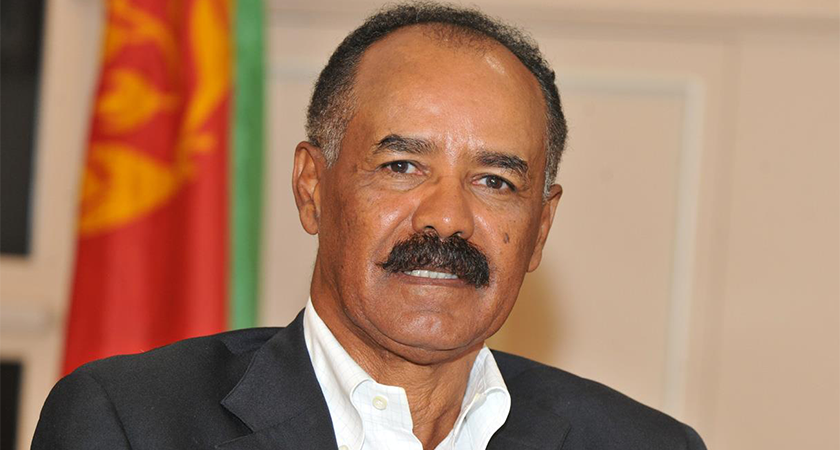The ties that bind diaspora Eritreans to their homeland are resilient, even among the second and third generations who lack the direct connection of their parents to their ancestral homeland. However, these feelings of solidarity with the country sit alongside increasing estrangement from the governing dictatorship. The diaspora used to be dedicated in its support of the leadership, but writes Yohannes Woldemariam, that has now shifted and Eritreans around the world are protesting the country’s government.
In the 1970s, Eritrea’s diaspora communities organised festivals in Italy, Germany, and the Middle East in support of the fight for self-determination. They were cultural and political events, a way to connect with each other and fundraise to support the struggle. They were known as mass organisations, or ሓፋሽ ውድባት (Hafash Wudubat) in Tigrinya, and festivals became rituals in various European cities.
In the 1970s, one of the diaspora organisations, Eritreans For Liberation in North America (EFLNA) produced literature for the Eritrean People’s Liberation Front (EPLF), raised funds, and was instrumental in the founding of Radio Eritrea.
Later in that decade, the EFLNA began to raise questions about internal purges and executions of EPLF members, and links to the Soviet Union. The group was disbanded in 1978 after direct pressure from the EPLF leadership.
Regardless, the cause of independence became a defining one for Eritreans around the world and had a unifying effect. After the battle was won, that began to change.
After independence
When independence arrived, the EPLF morphed into the People’s Front for Democracy and Justice. With the new name and change in circumstances came a shift in its relationship with the diaspora. It has created a 2 per cent diaspora tax that has become a loyalty test and an economic boom with remittances have become a lifeline for the regime.
Many expats bought homes in Eritrea after independence, others have relatives still in the country they want to visit, and others want to be buried in Eritrea when they die. The government has weaponised access to the country to ensure that external dissent is kept under control.
The dictatorship has used festivals to promote ideological configuration with the PFDJ, raise funds and co-opt the Orthodox Church. Pro-PFDJ festivals are often coordinated by embassies and loyalists to create positive publicity and enforce loyalty. Aside from fundraising, the purpose of these events is to prevent any independent civic associations from becoming the voice of Eritrea around the globe.
Generational divides
Recently, refugees from the Eritrean regime have begun to organise and protest the dictatorship in various Western cities and capitals targeting the government-arranged festivals. The diaspora has become acutely polarised since mid-2022 with significant escalation during the summer of 2023.
The war in Tigray and Eritrea’s role in it has new dynamics and dividing lines amongst the diaspora. The differences in perception and opinion of the government and the divide between those born and raised in the diaspora and the newer arrivals who braved the Sahara and the Mediterranean to escape are becoming increasingly apparent. Much of the fighting by Eritreans in Tigray is done by those in the SAWA (National Service) these are often young men and women who are forcibly drafted into the army. Once they are deployed, families are often kept in the dark about the fate of their loved ones as the government seeks to control information about the conflict.
The divide is also splitting families apart. One young protester in Toronto, Yafet Mehari says that the paternal side of his family identify with PFDJ while his maternal side is anti-government.
The composition of the protesters increasingly includes Eritreans from all walks of life, although the youth has taken the lead role in the protests in European cities.
Recent protests
The protests by Eritreans around the world are an attempt to break the control over information and dissent by the dictatorship.
The government has labelled the protesting diaspora as terrorists. Protesters are regularly portrayed in state media as traitors, Woyane (Tigreans), or stooges of America.
Nevertheless, the youth is having an unprecedented impact with its campaign of protests. It remains to be seen if this might help internal resistance to emerge. Government control in Eritrea is very tight with no room for even mild criticism. Rare protests are quashed without mercy.
What is clear is the Eritrean people have had enough. The Eritreans protesting are traumatised survivors either of war, or the perilous trek across the Sahara, the Mediterranean, or both. This is driving them to take greater risks to make their protest louder and more visible.
The objective for justice seeking Eritreans must be to increase awareness internationally and to help regime supporters realise that they are not serving themselves or Eritrea with their actions. That is why Eritreans around the world are protesting.
Photo credit: michael_swan used with permission CC BY-ND 2.0





